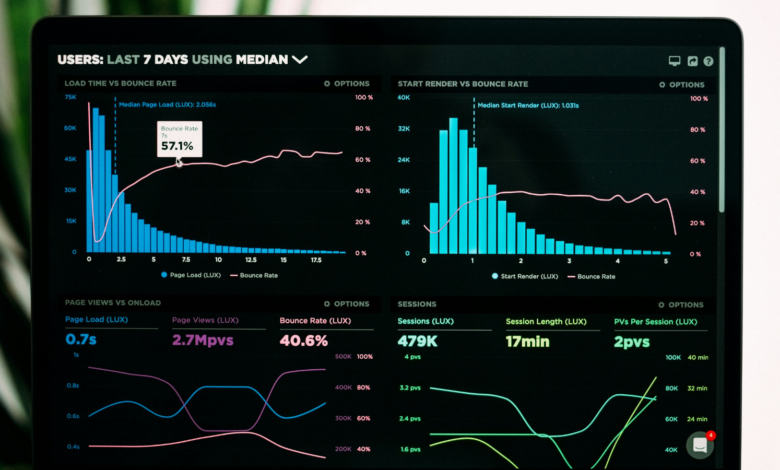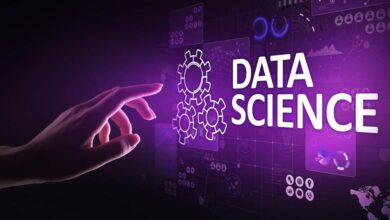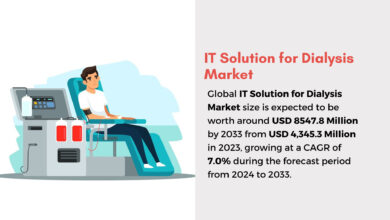Forging the link between data science and practical application

Photo by Luke Chesser on Unsplash
Opinions expressed by Digital Journal contributors are their own.
“Data science’s power lies in the ability to connect theoretical knowledge and real-world actions,” remarks Aditi Goyal, a data engineer at Amazon.
The global big data market is set to reach a valuation of $234.6 billion in 2026, creating a demand for professionals who can translate complex data. Like other data science professionals, Goyal’s contributions to her field largely revolve around helping businesses make better decisions through data analysis and collation.
Navigating a world of endless data
With a background in computer science and information systems, Goyal’s technical skills and business sense allow her to turn complex data challenges into actionable solutions. Her work prompts decisive action and efficiency across Amazon, impacting teams throughout the organization.
Goyal has developed machine learning (ML) models that analyze customer buying patterns, allowing Amazon to gain insights into purchasing trends for events like Prime Day. This project aimed to improve sales and customer satisfaction through personalized content and recommendations. Furthermore, her work has involved deploying real-time analytics systems to enable Amazon to respond to market changes.
Other Amazon teams now use data pipelines and analytics tools developed by Goyal’s team. These tools optimize performance, reduce costs, and enhance customer experience.
Goyal has also worked on integrating artificial intelligence (AI) with Amazon’s data analytics frameworks. These systems leverage AI-driven forecasts to help maintain optimal stock levels, avoiding overstock and understock situations. Goyal has also employed ML models aimed at identifying user preferences among Smart devices to improve customer satisfaction.
Moreover, Goyal’s team has developed sentiment analysis algorithms. These algorithms analyze customer feedback and online interactions to extract insights into customer emotions and preferences.
This data-driven approach enables Amazon to tailor its customer service and product offerings more effectively. It aims to fortify customer loyalty and brand strength.
Supporting leadership through deep analysis
However, not all of Amazon’s data handling is done in the name of customer service. A 2015 study by BARC Research indicates that companies that analyze big data report an average of 8% increase in revenues, largely owing to enhanced decision-making by leaders.
One notable example of Goyal’s contributions in this vein is her contributions to Amazon leadership surrounding high-severity issues, where her high-performance dashboards and deep data analysis methodologies aided in major decision-making.
In these cases, Goyal’s expertise allowed her to produce visualizations and concrete facts related to Amazon warehouse performance and progress tracking on the renowned sub-same-day delivery program.
Closing the divide
One of the critical challenges facing the data science community is the need for more clarity between academic research and practical application. Machine learning and AI continue to push the possibilities, but translating their output into tangible business value remains a hurdle.
Goyal addresses this challenge through collaboration and cross-functional teamwork. By working closely with stakeholders across the organization, from product managers to software engineers, she ensures that data science initiatives are aligned with business objectives and deliver measurable results.
Goyal has worked on translating technical concepts into language that non-technical stakeholders can understand, with the goal of making data science more accessible and actionable.
Advancing into the future of data science
Goyal envisions integrating data science into every aspect of business. “There is great potential for data science to transform industries,” says Goyal. “Capitalizing on analytics, machine learning, and artificial intelligence will let us discover previously hidden insights and drive development we never thought possible. Like the mathematicians of old, pure data can also teach us about the universe itself.”
Goyal, however, argues that realizing this potential requires drastic changes in how organizations approach data science. She believes businesses must embrace sharing data across teams and using it to drive strategic initiatives.
“The future of data science isn’t just about technology. At its heart, it’s about people,” emphasizes Goyal. “We need to build a team of data scientists with the skills to communicate insights effectively to stakeholders at all levels of the organization.” Goyal’s work has aimed to bridge data science and practical application to advance developments that could reshape industries.



